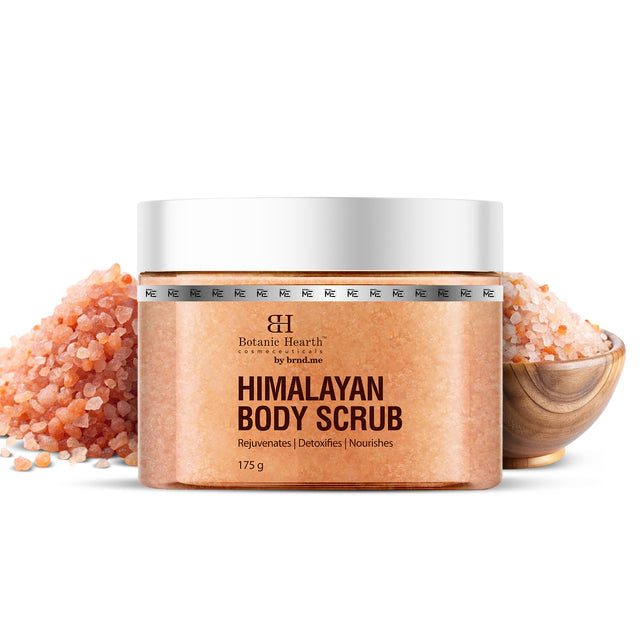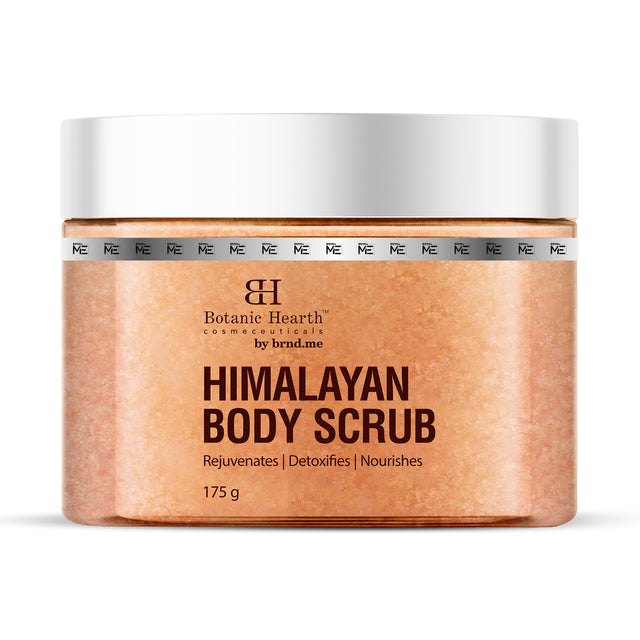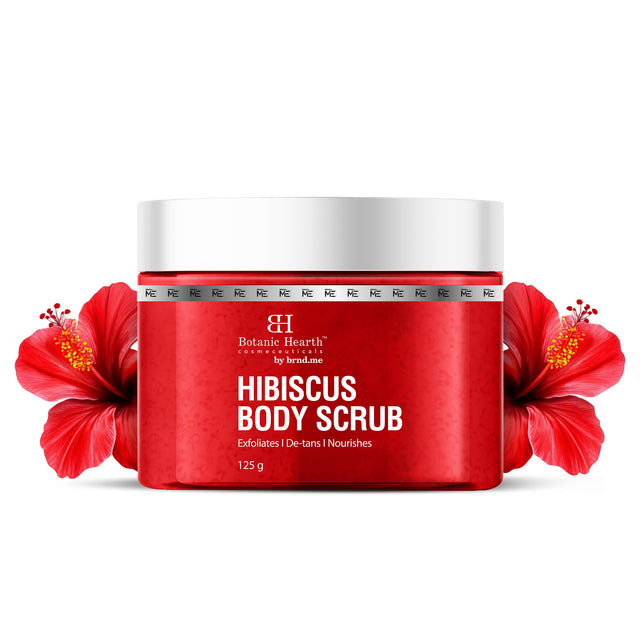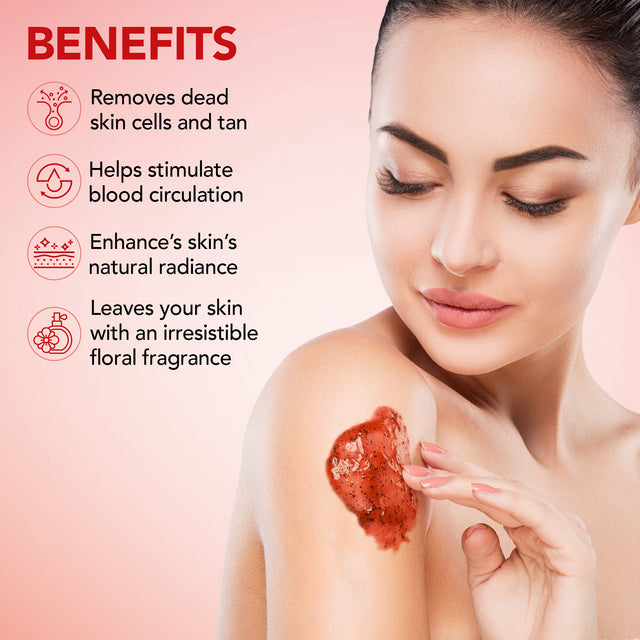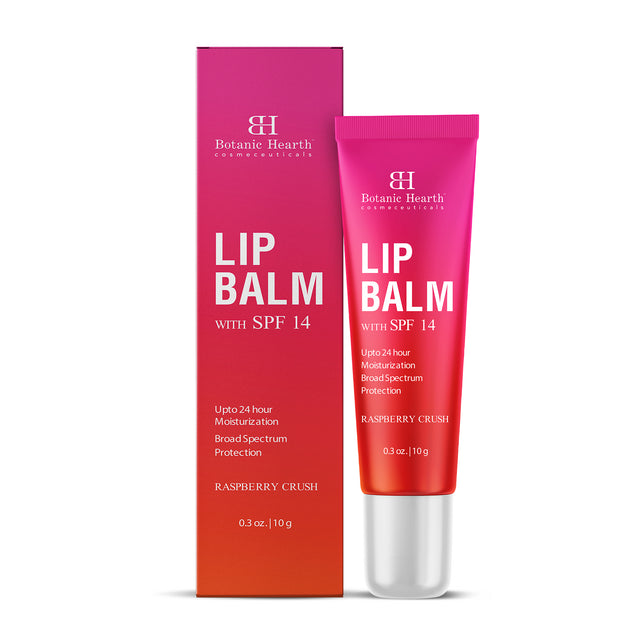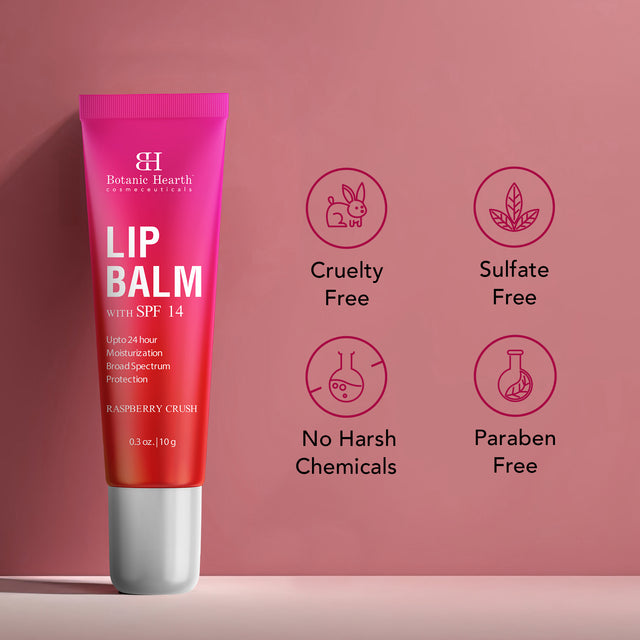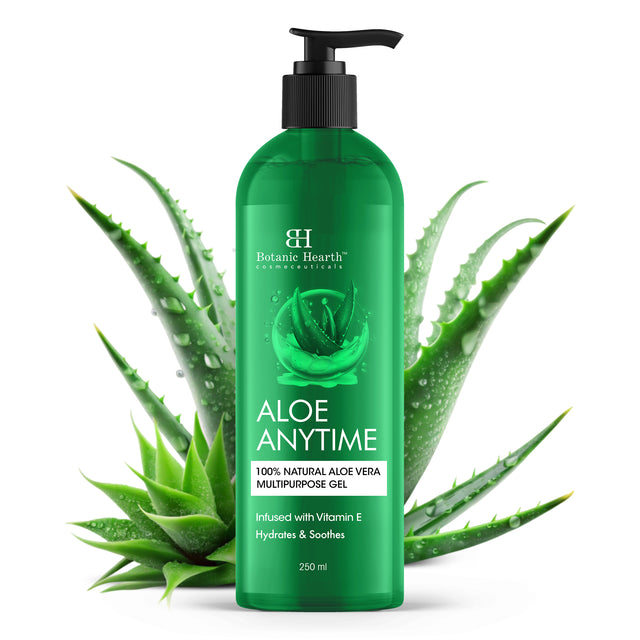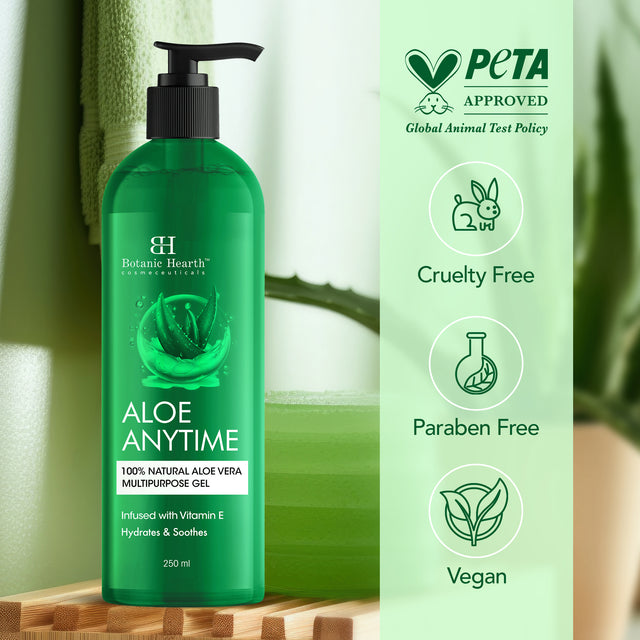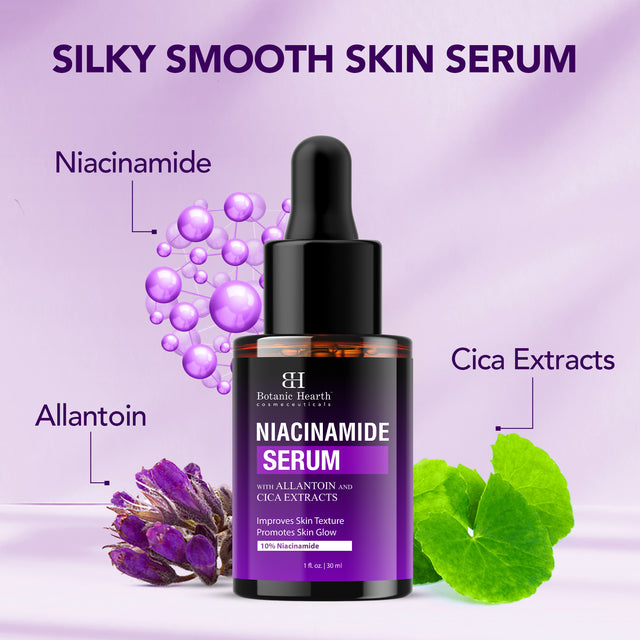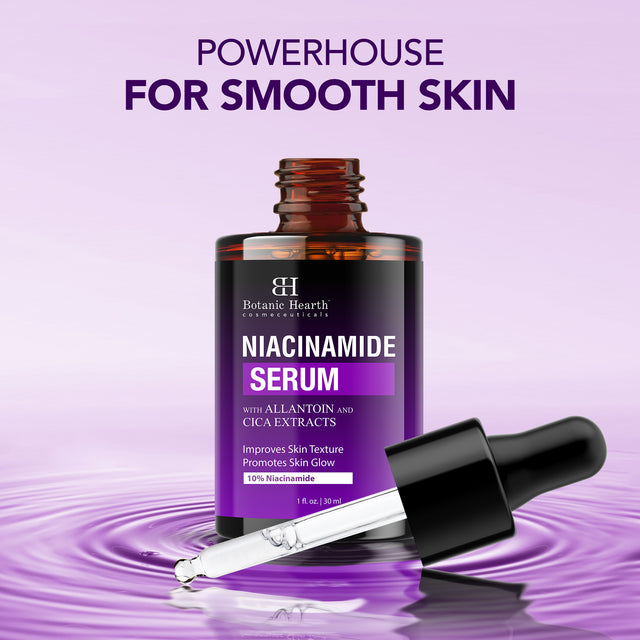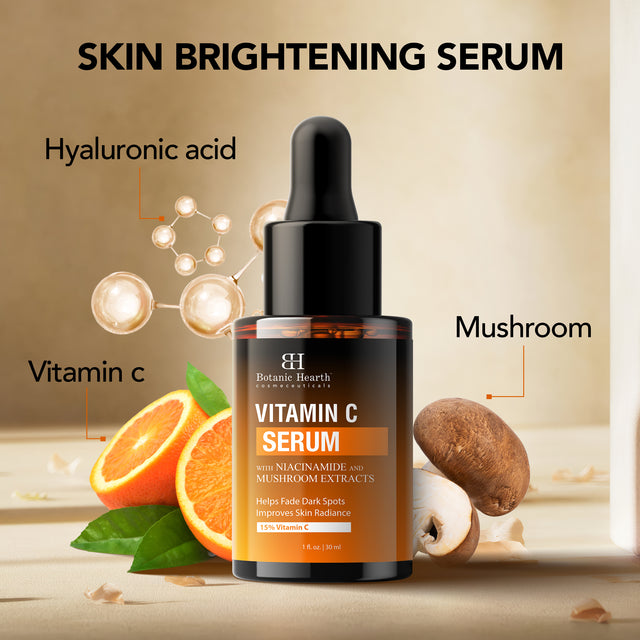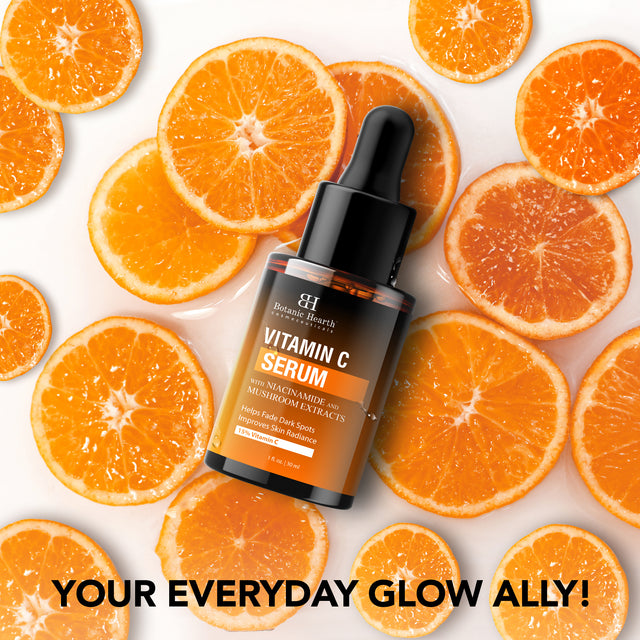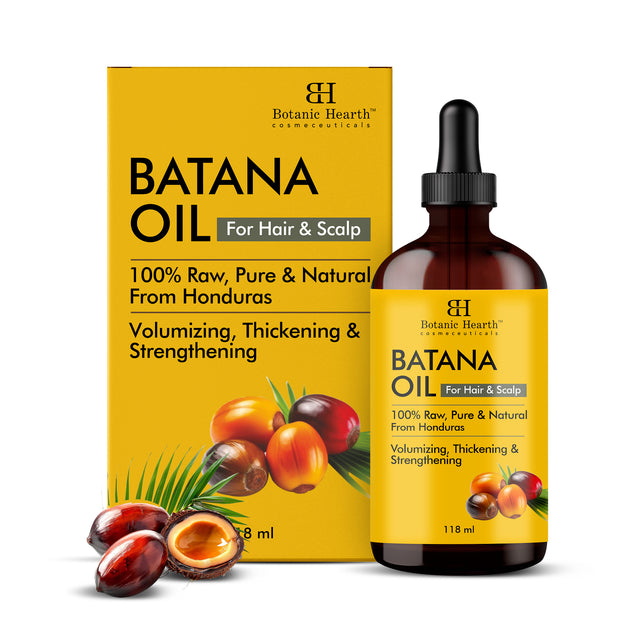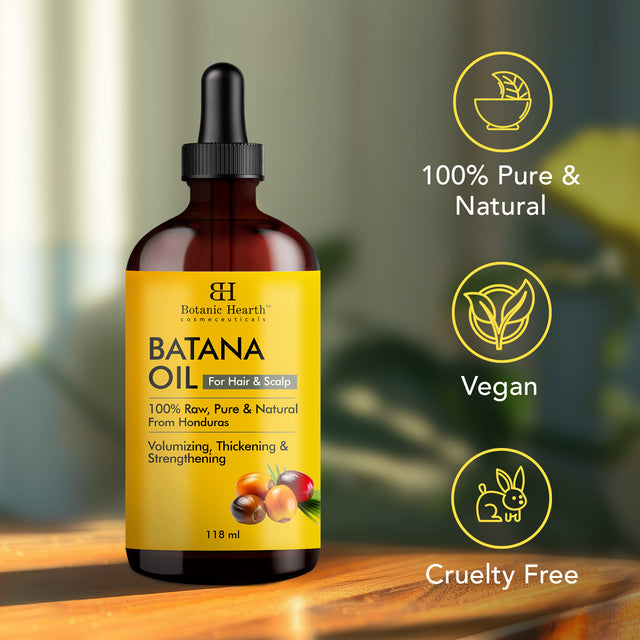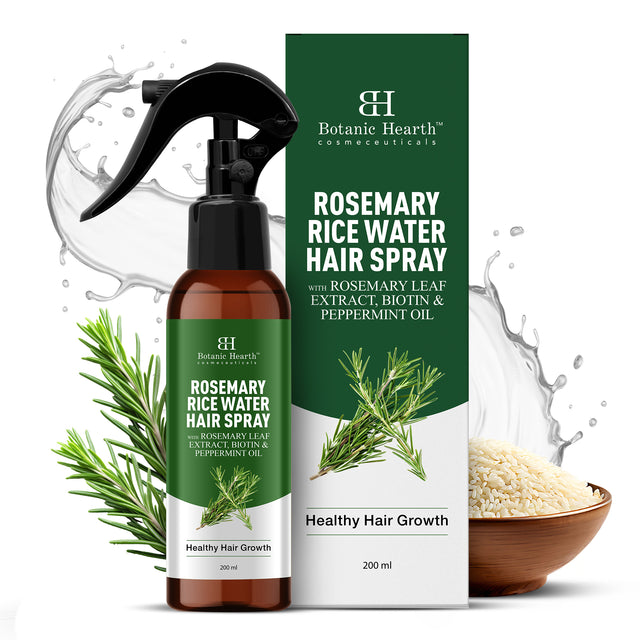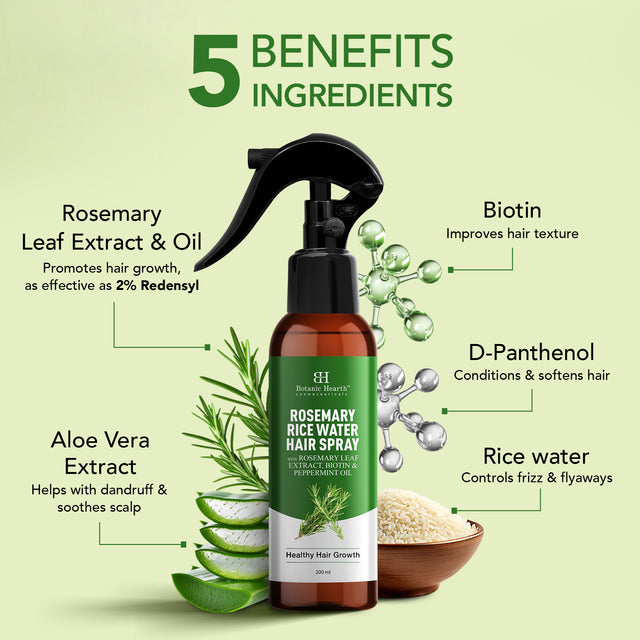
Shea butter
Extracted from the Karite Tree, shea butter is a botanical lipid used as an emollient in cosmetics. Beyond its rich texture, it is abundant in vitamins and fatty acids, making it an excellent choice for nurturing and softening your skin.
With a history spanning over centuries, shea trees are native to West Africa, where the majority of shea butter is sourced from.
Renowned for its hydrating, soothing, and anti-aging benefits, shea butter, known by its Latin name Butyrospermum parkii, carries smoothing properties for dry skin.
What also makes it a great choice is that it’s safe for all skin types, doesn’t make your skin oily, is anti-inflammatory, and anti-bacterial.
Try our British Rose Body Wash featuring this ingredient.
https://www.paulaschoice.com/share?s=7b8a
https://www.healthline.com/health/beauty-skin-care/what-is-shea-butter
Sweet almond oil
Sweet almond (Prunus dulcis) is a tree nut from which sweet almond oil is extracted. This non-volatile, fragrance-free oil is derived from almond seeds and serves as an emollient, rich in skin-replenishing ingredients.
Almonds and almond oil offer numerous health benefits, including anti-inflammatory and immunity-boosting effects. When it comes to skincare, they are renowned for their ability to smooth and rejuvenate the skin.
Try our British Rose Body Wash featuring this ingredient.
https://www.paulaschoice.com/share?s=1a96d
https://www.webmd.com/vitamins/ai/ingredientmono-59/sweet-almond
Tea tree oil
Tea tree oil comes from the leaves of the tea tree, also known as Melaleuca alternifolian which thrives along the swampy southeast Australian coast. Traditionally, indigenous Australians have valued tea tree oil for its antiseptic and medicinal properties. Today, it is widely promoted for external use in treating various conditions like acne, athlete's foot, lice, nail fungus, cuts, mite infection at the base of the eyelids, and insect bites.
Tea tree oil can be a powerful weapon against acne, with numerous studies demonstrating its ability to decrease both the quantity and severity of breakouts. In treating acne, applying a 5% tea tree oil gel shows comparable efficacy to a 5% benzoyl peroxide solution. While tea tree oil may take longer to show results compared to benzoyl peroxide, it tends to be gentler on the skin. Regular application of tea tree oil twice daily for 45 days can notably reduce acne severity. Additionally, when it comes to hair care, tea tree oil can alleviate scalp itchiness and minimize dandruff.
Try our Tea Tree Body Wash or Tea Tree Hair Oil which features this ingredient.
Additional Information: Tea tree oil should not be ingested because it may be toxic if swallowed. Store it out of reach of children. Prior to using tea tree oil for the first time, test 1 or 2 drops on a small area of your skin and wait 24 hours to see if any reaction occurs.
https://www.webmd.com/vitamins/ai/ingredientmono-113/tea-tree-oil
https://www.nccih.nih.gov/health/tea-tree-oil
https://www.healthline.com/nutrition/tea-tree-oil#6.-Fight-acne
Sea buckthorn oil
Sea buckthorn (Hippophae rhamnoides) is a plant native to Europe and Asia. Its leaves, flowers, seeds, and fruits are all utilized for medicinal purposes. Packed with numerous active ingredients, including vitamins A, B1, B2, B6, and C, this plant's beneficial properties find extensive application in both the cosmetic industry and medicine.
Valuable substances contained in sea-buckthorn oil play an important role in the proper functioning of the human body and give skin a beautiful and healthy appearance. Traditionally and commonly used for treating dry, flaky, or prematurely aging skin, sea-buckthorn oil is renowned for its ability to slow down the aging process. Additionally, its distinctive unsaturated fatty acids, like Omega-7 and Omega-6, provide sea-buckthorn oil with skin-repairing and regenerating properties.
Try out our Tea Tree Body Wash which contains this ingredient.
https://www.ncbi.nlm.nih.gov/pmc/articles/PMC5438513/
Rosemary oil
Rosemary (Rosmarinus officinalis) is an evergreen shrub with linear needle-like leaves that emit fragrant volatile essential oils.
Rosemary oil has been found to be beneficial in hair growth. A recent study aimed to investigate the clinical efficacy of rosemary oil in the treatment of androgenetic alopecia (AGA) and compare its effects with minoxidil 2%. It was found that both groups experienced a significant increase in hair count at the 6-month endpoint compared with the baseline and 3-month endpoint. Additionally, those who used the rosemary oil reported less scalp itching compared to minoxidil, which suggests that rosemary may be more tolerable.
Try out our Rosemary Hair Oil which contains this ingredient.
https://pubmed.ncbi.nlm.nih.gov/25842469/
https://www.healthline.com/nutrition/rosemary-oil-benefits#TOC_TITLE_HDR_9
Jojoba oil
Jojoba is a widely used medicinal plant that is cultivated worldwide. Its seeds and oil have a rich history of use in folklore to treat various concerns, such as skin and scalp disorders, superficial wounds, boosting immunity, and stimulation of hair growth.
When applied to the skin, jojoba acts as an emollient, which soothes skin and clears hair follicles. Its emollient properties also make it an effective conditioning agent for hair. Incorporating jojoba oil into hair products enhances the hair fiber, provides protection to the strands, and increases resistance to breakage.
Try our Rosemary Hair Oil or Tea Tree Hair Oil which features this ingredient.
https://www.webmd.com/vitamins/ai/ingredientmono-618/jojoba
https://www.ncbi.nlm.nih.gov/pmc/articles/PMC8197201/
Vitamin C
Vitamin C serves as an antioxidant, combating harmful free radicals— toxins that your skin encounters from external sources such as air pollution, or internally from normal metabolic processes. These free radicals can harm the skin, but applying topical vitamin C can help counter their effects and potentially enhance the skin's overall appearance.
Topical vitamin C is a well-supported ingredient favored by dermatologists, with research indicating its potential to delay premature skin aging, shield against sun damage, and enhance the look of wrinkles, dark spots, and acne.
Try our Papaya Face Wash, the Vitamin C Foaming Face Wash or the Orange & Honey Body Wash which contain this ingredient.
https://www.health.harvard.edu/blog/why-is-topical-vitamin-c-important-for-skin-health-202111102635
Hyaluronic Acid
Synthetic variations of hyaluronic acid are used in skin care products to function as a superior skin-replenishing ingredient. This ingredient has restorative abilities and can boost skin’s moisture content, soothe, and defend against moisture loss.
Hyaluronic acid aids in boosting the moisture levels in your skin, leading to a range of skin benefits such as diminishing the appearance of wrinkles and enhancing wound healing, among other advantages.
https://www.ncbi.nlm.nih.gov/pmc/articles/PMC3583886/
https://www.healthline.com/health/beauty-skin-care/hyaluronic-acid#_noHeaderPrefixedContent
Calendula
Calendula (Calendula officinalis), commonly known as pot marigold, is a plant native to Asia and southern Europe. Traditionally used in Ayurvedic and Unani medicine, calendula is renowned for its wound healing and skin health benefits. Its anti-inflammatory and antimicrobial properties make it an excellent ingredient for anti-acne formulations.
Try out our Calendula & Salicylic Body Wash which contains this ingredient.
https://www.webmd.com/vitamins/ai/ingredientmono-235/calendula



